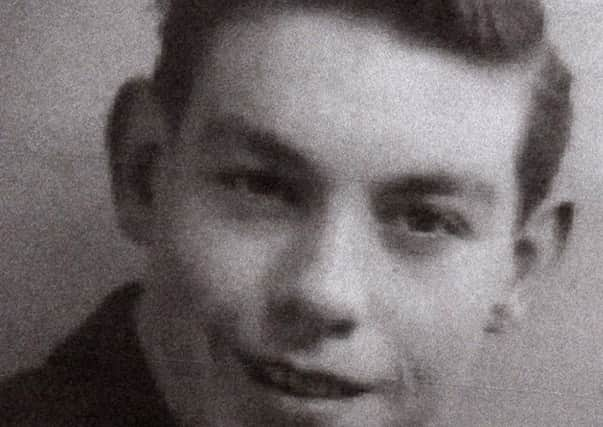From back street scallywag to a life at sea


He was born in Privett House, Portsea (just outside Portsmouth Dockyard’s Marlborough Gate) and his first memories are of mudlarks at The Hard.
The family moved to Buckland Street when he was about five. There was a block of six small, stone cottages with a tiny yard at the back and an outside toilet. Cooking was done on a range.
Advertisement
Hide AdAdvertisement
Hide AdThe house was handy for Thomas’s father (when home from the navy) because the family lived directly opposite The Rifle pub. Back then, there was a pub on nearly every street corner and stables in the streets.
Two doors from where they lived was a greengrocer’s owned by a Mr Ford, a stable and store.
Thomas says: ‘At the far end of Buckland Street was Burton’s Farm with pigs and ponies and the farmer also delivered coal.
‘Some Sunday mornings horse dealers would gather outside a pub in, I think, Wingfield Street and I would run the ponies up the street for the prospective buyers to view.’
Advertisement
Hide AdAdvertisement
Hide AdDuring the war Thomas remembers the corset factory being bombed and he and his mates salvaging rolls of corset material for ‘recycling’.
Brick fights with the Sultan Road gang was another pastime as well as making dens in bombed-out houses.
During air raids children were taken by lorry to the tunnels at Portsdown Hill for the night. The next morning they hunted for shrapnel.
The family later moved to Toronto Road and at that time fuel was scarce. Thomas had an old four-wheeled pram and went on ‘coke runs’ to Rudmore. He recalls: ‘We collected coke for people and they gave me 2d a time. We also collected jam jars and rags and took them to a place in New Road where they gave us money for them.’
Advertisement
Hide AdAdvertisement
Hide AdThomas also had a paper round – up at 6.30am each day, plus the evening round and collection on Saturdays. Sunday was worse when that day’s thick papers had to be delivered.
‘The wage was 10 shillings and sixpence a week. Mum relied on the eight shillings which she took towards the rent. That left me with two shillings and sixpence; a shilling for my clothes’ club – Provident – and the remaining for dancing and saving,’ he adds.
He left school at 15 and went to work in the Dockyard as an electrical yardboy. He spent six months at HMS Dryad at Southwick and then went up to the newly-built SRE on Portsdown Hill.
He then applied for and gained an apprenticeship as a shipwright, which lasted five years. His last year was spent working on HMS Victory.
This gave him the impulse to join the navy, which he did in 1951. He spent the next 34 years in a blue suit.